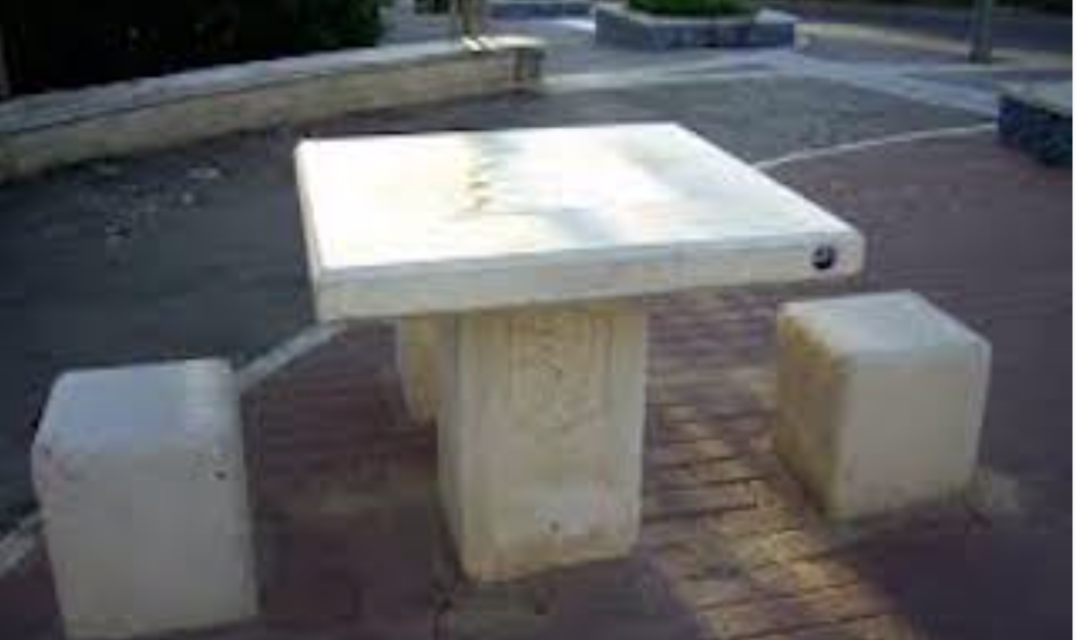Participatory Budgeting has always been a misnomer, because very few Greensboro residents participate. But since the funding was also taken out of the 2023-2024 budget, a more accurate name would be Non-participatory Unbudgeted.
Despite the fact that people don’t participate and the City Council doesn’t fund it, Participatory Budgeting was one of the two topics on the agenda for the Thursday, Sept. 28 work session.
The idea behind Participatory Budgeting is that each City Council district is allocated $100,000 and a vote of the residents aged 15 and over decide how that money will be spent. At some point citywide projects were also added, which seems to defeat the whole idea of each council district receiving its own slush fund.
The report has demographic data on the people who actually participate in the process, and those numbers may cause problems for Participatory Budgeting to be included in future budgets.
According to the report, while 39.5 percent of the population of Greensboro is white, 72 percent of those who voted for Participatory Budgeting projects are white. And 43.1 percent of the Greensboro population is black but only 15 percent of those who voted for Participatory Budgeting projects are black.
No American Indians, Asians or Hispanics voted for Participatory Budgeting projects, even though Hispanics make up 8.4 percent of the population, Asians 5.3 percent and American Indians 0.4 percent.
Women also voted in much larger numbers than men, with 67 percent of the votes being cast by women and only 27 percent by men.
As far as income goes, those who make more than $100,000 a year made up 33 percent of the voters while only being 21 percent of the population. At the other end of the income spectrum, those whose income is less than $20,000 a year make up 19 percent of the population in Greensboro but only 3 percent of the Participatory Budgeting voters.
As far as City Council Districts go, District 4, represented by Councilmember Nancy Hoffmann, had the most participation with 714 voters, and District 2, represented by Councilmember Goldie Wells, had the least with 218 voters.
A project in District 2, Keeley Park Adaptive Bike Equipment, won $50,000 in funding with just 75 votes.


Single, child-less white women are the largest voting block for Democrats.
Angry old white men are the largest voting block for Republicans.
Fienstein passed away. One less rich WHITE woman to be concerned about Chris
If you gave the citizens the option to not spend the money, you’d have a much bigger turnout.
White women of means are the recipients of Affirmative Action, MWBE and such. As a group, they have a holier than thou arrogant attitude and many think the world revolves around them. They have all the answers to the world’s problems, and don’t suggest they don’t. Years ago, some people believed that the world would be a better place if women ran the show. Well, we have had women mayors, governors, vice presidents, secretary of state, senators and congresswomen, police chiefs and fire chiefs, and women running the White House for a demented president. Are we better off? You are the judge.
I’m a middle-class white woman who knows the world doesn’t revolve around me but do think that I should be president for a while to straighten things out and solve the world’s problems, or at least the country’s. We wouldn’t have a demented president; we won’t have 3,000 different cords to charge our tablets, phones, and laptops; we wouldn’t have 10 different plugs or charging stations IF we have electric cars; we would have more women designing grocery store layouts; we wouldn’t keep installing roundabouts; we would have more police with better vetting and training; we would have stronger border security; we would build up our military; we would totally overhaul the government alphabet programs; we would totally reform the CIA and FBI; we wouldn’t have 500 cable channels with nothing to watch at 3am that costs $212/month; we would allow people to have plastic straws and shopping bags; we would find a way to divert flood water to CA, AZ, TX, and other drought-prone states; we would open all areas to oil drilling and continue to find ways to produce our own energy in safe, efficient ways to be energy independent; we would produce our own medications and vehicles and technology; and “I’d do all this on day one”! So don’t put all women in the same pipe before you smoke it.
Zuzu….you got my vote!
You have my vote zuzu. Zuzu for supreme leader.
I’ll take it.
Rich women south of Richmond.